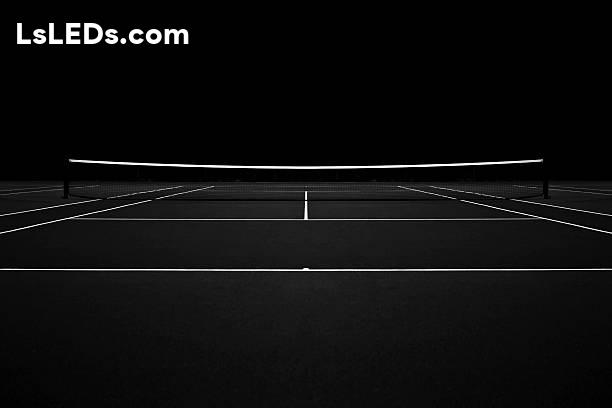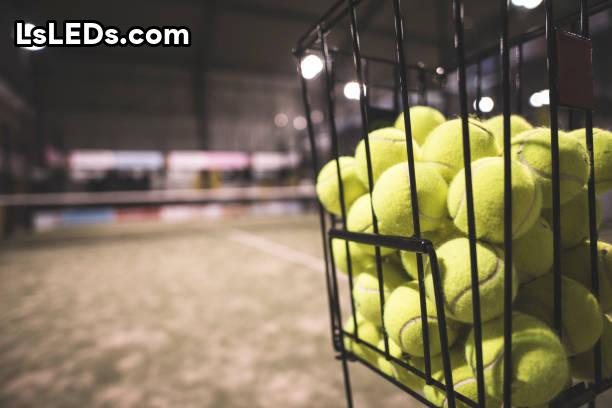
Is it possible for you to file a lawsuit against your neighbor for light harassment? Light pollution is considered a nuisance by the courts in the U.S. Even though most states don’t have specific light pollution laws, you can still take legal action.
Table of Contents
What can I do if my neighbors light is too bright?
Don’t argue if you stay positive. You should be aware of your neighbor’s right to light their property. Suggestions to change their current fixture. If you want the light to be activated only when needed, ask them to move the light, shield it, or add a sensor.
Can you sue for light pollution?
Can you get in trouble for light pollution?
Light nuisances are now subject to the same criminal law as noise and smells. It applies to the artificial light that is emitted from the premises.
Can a neighbor point a light at my house?
An injunction is needed to stop the neighbor from pointing his light at the property.
Is light trespass a law?
Light that isn’t supposed to illuminate the property is called light snoozing. Light that falls outside the boundaries of the lot on which the installation is sited is referred to as light intrusion.
Does my Neighbour have a right to light?
The Rights of Light Act 1959 states that a neighbour can give this right to another neighbour or it can be acquired over time. If a property has received daylight for at least the last 20 years, you’re entitled to continue to get it.

What is the law on light pollution?
Installation of shielded light fixture that emit light only downward is required by most legislation. Other laws require the use of low-glare or low- wattage lighting, regulate the amount of time certain lighting can be used, or incorporate Illuminating Engineering Society guidelines into state regulations.
Are there laws for light pollution?
There are at least 18 states with laws in place to reduce light pollution. Most of the states that have enacted so-called dark skies legislation have done so to promote a number of different things.
How is light pollution controlled?
Dimmers, motion sensors and timers can help to save energy. It is possible to reduce illuminance without compromising visibility with the use of LEDs. It is a good idea to turn off unnecessary lighting in empty office buildings at night.
What is light trespassing?
Light is cast where it isn’t wanted. When a street light spills light into a window and illuminates an indoor area, it’s called light trespass.
What causes light pollution?
Artificial light can cause light pollution. Light pollution can be broken down into specific categories such as over-illumination, glare, and skyglow. A single light source can fall into more than one category.
What constitutes a light nuisance?
Light nuisance is caused by security lights that are positioned in a way that leads to bright light entering the homes of people who complain. Shops with bright signs are a cause of complaint. Statutory nuisance law does not apply to light that is generated at a variety of premises.
What is considered nuisance lighting?
The artificial light must interfere with the use or enjoyment of a home or other premises in order to be considered a nuisance.
Is light pollution a nuisance?
The new law makes it a criminal offence to emit exterior light that is not good for health. The law doesn’t tackle all forms of light pollution, only bad lighting from some types of premises which cause people a lot of problems.
Do you need planning permission for security lights?
Even though security lights don’t need planning permission to be installed, they must be directed appropriately and kept as dim as possible in order to not be seen as a legal nuisance.
What is light pollution?
Light pollution, or artificial light at night, is the excessive or poor use of artificial outdoor light, which can disrupt the natural patterns of wildlife, contribute to the increase in carbon dioxide in the atmosphere, and obscure the stars in the night sky.
